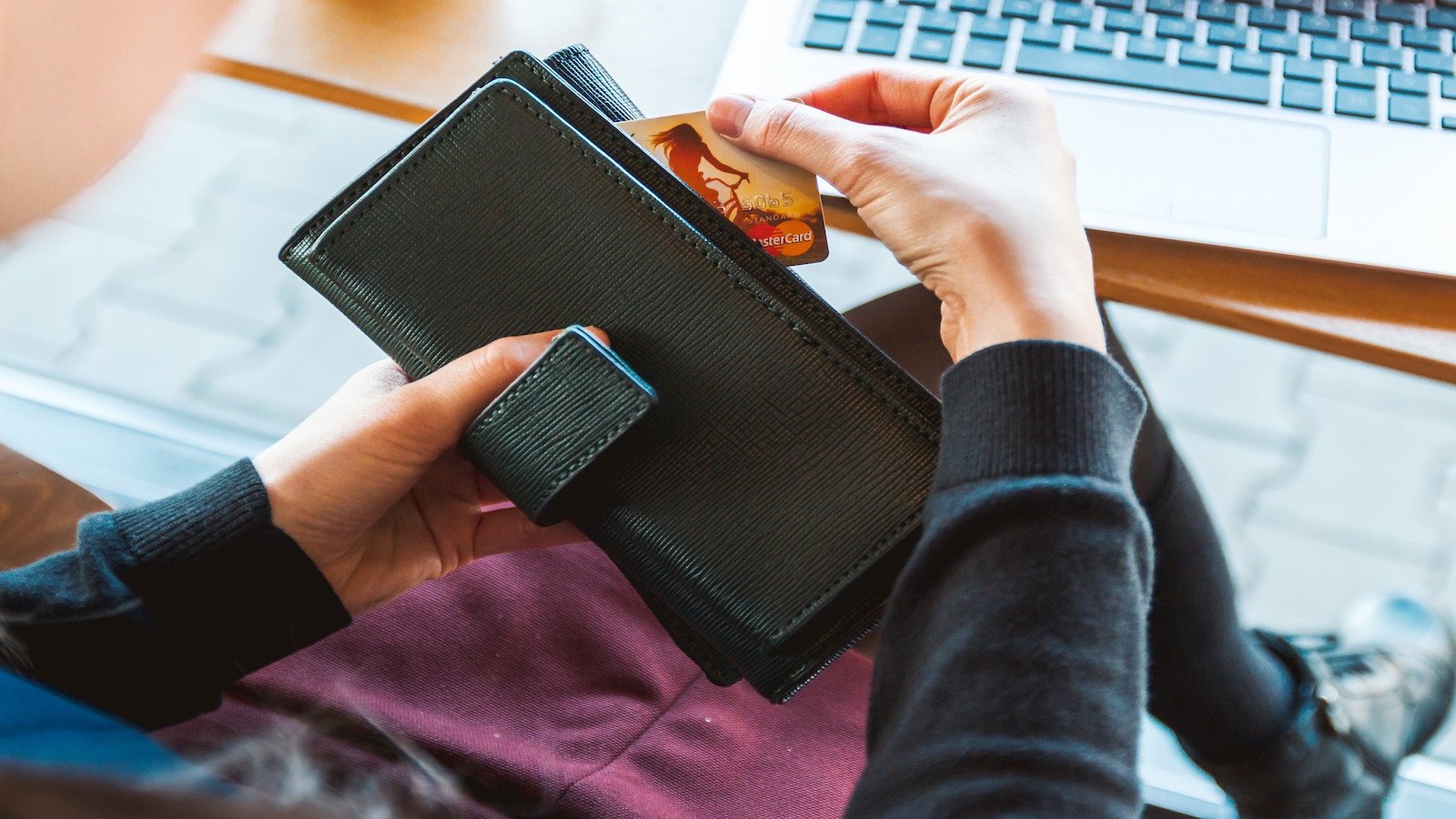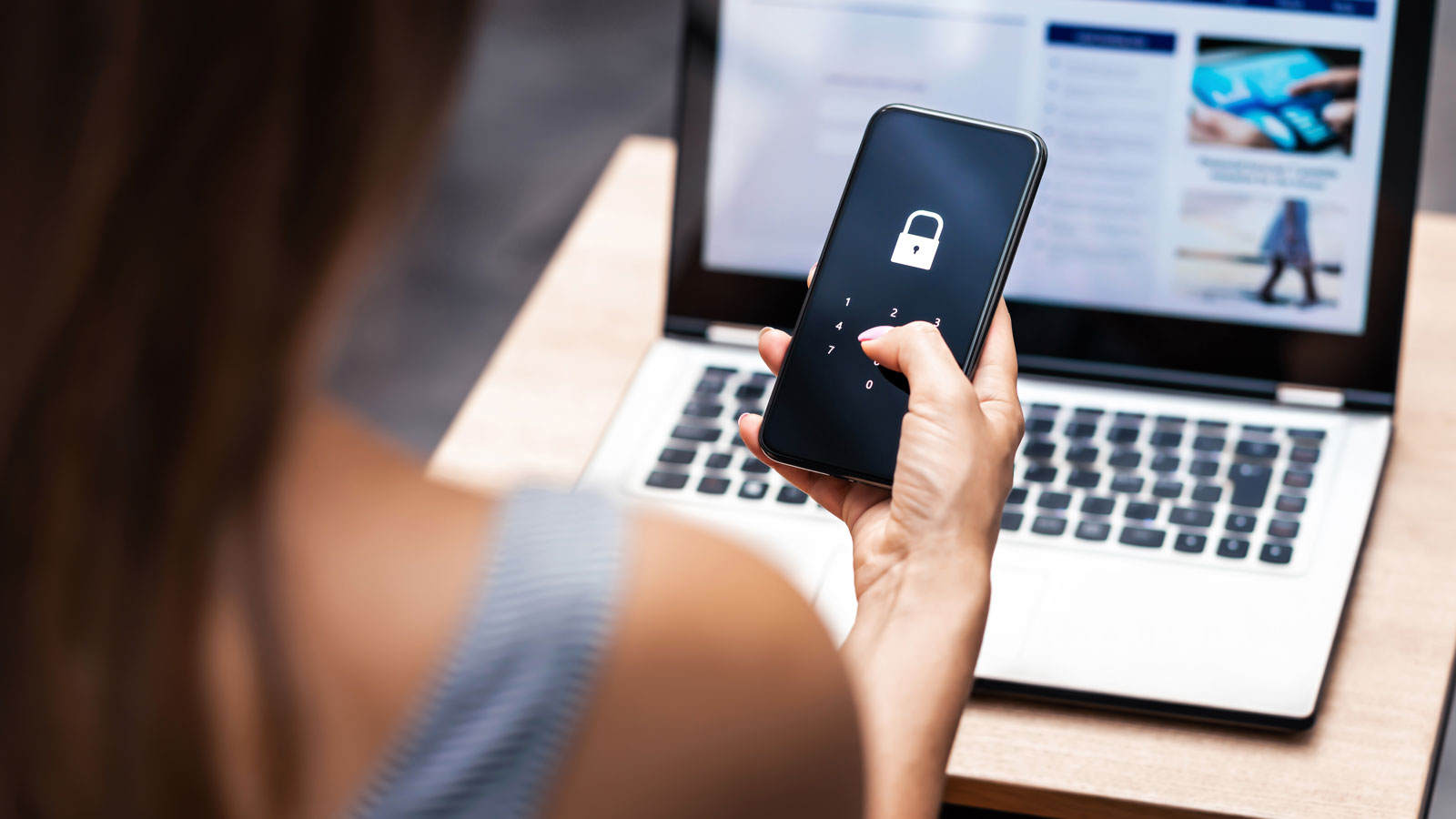
How to Approach Bill Payments During COVID-19
If you're struggling financially because of this pandemic, here's how you can delay this month's bills.


” );
jQuery( “.shareBox”, this ).jsSocials({
shares: [“twitter”, “facebook”],
// URL to share
url: urlCurrent,
// text to share
text: shareText,
showLabel: false
});
});
});






Topics
Find Out More


What the California Consumer Privacy Act means for you

5 steps you can take to protect your privacy now
